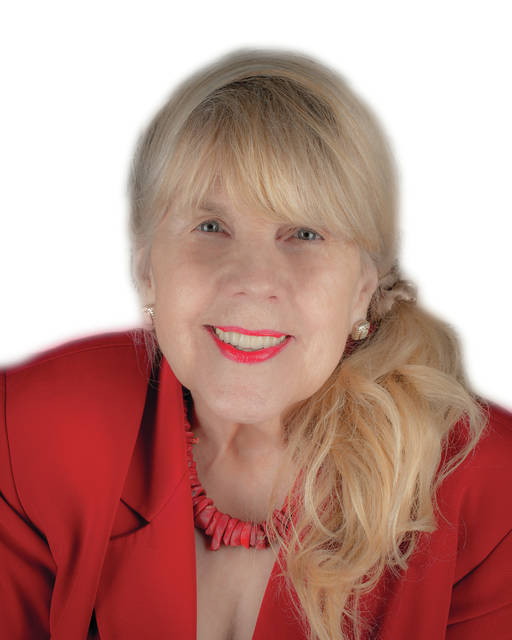
I’m back to the subject of racism again, a touchy subject for all of us. Racism has reared its ugly head in the past few years in a way that is frightening. It’s like the horror movies that scared us with monsters with gnashing teeth and ungodly sounds. We feel we are being chased and are so frightened that we might trip on a yet-to-be-identified stumbling block and be shamed, chastised, punished, or swallowed alive.
Citing First Amendment free speech rights, some now feel they have permission to deliberately say hateful things that denigrate others because of their race/ethnicity, gender, sexual preference, religion, age, appearance, political persuasion, socioeconomic class. You name it, and there is a group somewhere in this great country of ours that wants to shame or silence those they find offensive.
Just recently, a friend asked me, “Vivian, is it black or African American?”
My response, “I think either works.”
She replied, “But some are not from the continent of Africa and what about persons from that continent who are white?”
Within minutes our conversation traveled to a construction project where three workers are named Bob, and in talking about the project, my friend has overheard persons saying, “the Asian Bob.”
This reminded me of the day when I was bragging to my son Lance about the success of one of my students, and I referred to her as “African American.” My son chided me, “Mom, don’t refer to her in that way. Her success is not defined by her race or ethnicity.”
I thought I was merely being descriptive. He understood it as a racist statement, that is, that I was saying it was unusual for an African American student to have excelled. I felt I had stepped into a deep hole and twisted my ankle. Had I been in a public arena and been chided in that way, I would have felt that I was in danger of being swallowed alive or meeting a painful death as a meal for a hungry observer whose job was to monitor political correctness.
Two decades ago, I was CEO of a California college that was undergoing serious financial challenges, and my job was to recommend $12 million in cuts. The last item I examined was classes with very low enrolment. A dance professor accused me of being racist as we considered classes in her discipline because, as she indicated, most of the students in the dance program were students of color (This was in a college where half of the 20,000-plus credit students were students of color and almost all of the 20,000 of those in the non-credit program were students of color).
I understood her political maneuver, but her remarks stung as did the remarks of another faculty member who told me that because I was white, I could not experience racism.
At that same college, I was summoned before a committee of the California Assembly to respond to questions about programs where we focused on a curriculum and activities that acknowledged a diverse Orange County. Once the chair got over his embarrassment from assuming that I was African American, I was able to convince the committee and the audience in that Burbank courtroom that my job was student success and that I had the data to prove that our initiatives were resulting in success.
These few and rare incidents in California are in sharp contrast to a consultant who told me that I had too much diversity in my resume in terms of awards, special projects, and leadership roles on the local, state, and national levels that clearly indicated I supported diversity. I refused to change my resume to make others feel more comfortable with my life’s work.
I stand for inclusion and active, intentional activities to accomplish it (1) because it is the right, the ethical/moral thing, to do, and (2) because it is the pragmatic choice in a country as rich in diversity as is ours.
Do I make mistakes as I traverse territory where I am likely to say or do something that is offensive to others? Yes. Do I have an obligation to apologize? Yes. If I am uncertain about my speech or behaviors, should I observe, ask, and be corrected? Yes.
Our country’s future depends upon our ability to embrace our diversity as we address the many issues that are connected to that diversity.
The Toledo high school from which I graduated had a good number of teachers who believed we should memorize important political speeches, poems, and lines from Shakespeare’s plays. In closing , I want to quote British poet Alexander Pope, “To err is human; to forgive, divine.” As we stumble forward in troubled times, I carry Pope’s words with me.


